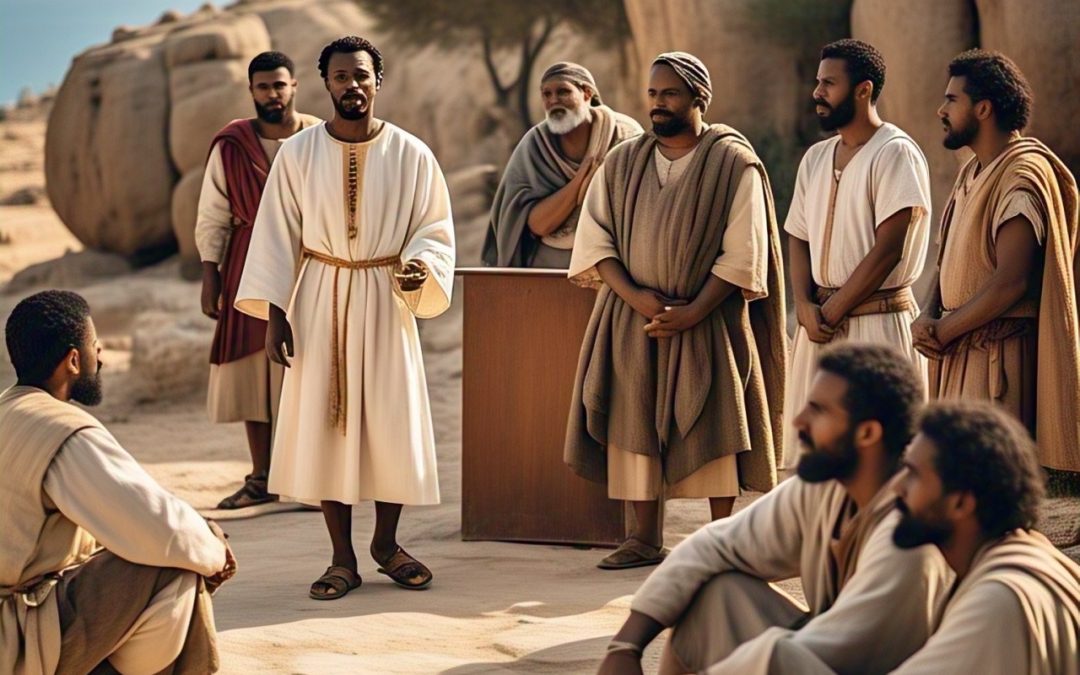The Gospel of John boldly declares that “the Word became flesh and made His dwelling among us” (John 1:14), establishing continuity between the divine Logos present at creation and the human Jesus of Nazareth. This incarnation answers humanity’s perennial question: What is God really like? In Christ, abstract theological concepts about divine attributes find concrete expression in a human life. God’s power and will become accessible and interpretable through Jesus’ teachings, actions, relationships, and ultimate self-giving.
As the writer of Colossians affirms, “He is the image of the invisible God” (Colossians 1:15), suggesting that when we see Jesus, we see the Creator’s true face. The same divine power that spoke the universe into existence now expresses itself through healing touches, authoritative teachings, compassionate encounters, and ultimately, redemptive suffering.
In Jesus, divine power manifests not primarily through cosmic demonstrations but through transformative presence. The Creator’s omnipotence is channeled into specific acts of restoration—sight to the blind, dignity to the outcast, community to the isolated, forgiveness to the condemned. This represents not a diminishment of divine power but its most authentic expression, revealing that God’s highest purpose is not domination but relationship and reconciliation.
Perhaps most profoundly, the cross and resurrection reveal the Creator’s will to absorb the consequences of creation’s brokenness rather than imposing judgment from a distance. As Karl Barth observed, God’s omnipotence is most fully displayed not in abstract capacity to do anything, but in the freedom to determine what kind of power to exercise, the power of self-giving love.
The incarnation establishes continuity between the Creator’s original intentions and ultimate purposes. The same divine will that called forth light from darkness now shines “in our hearts to give us the light of the knowledge of God’s glory displayed in the face of Christ” (2 Corinthians 4:6). Jesus represents not a divine afterthought or emergency response but the fulfillment of creation’s trajectory, the revelation that God’s creative power has always been directed toward communion.
This perspective transforms our understanding of both creation and redemption, revealing them as complementary expressions of the same divine character. The God who delighted in bringing forth biodiversity and cosmic complexity is the same God who enters human particularity to initiate new creation from within.
Prayer
Eternal Creator, revealed in Jesus, You who shaped galaxies have shaped Yourself into human form, translating divine power into a language we could comprehend.
We stand in wonder before this mystery, that Your omnipotence finds fullest expression not in cosmic displays of force, but in a servant’s touch, a teacher’s wisdom, a healer’s compassion, a savior’s sacrifice.
Open our eyes to recognize Your true face, that when we look upon Jesus, we might see not merely a historical figure, but the very heart of the universe made visible.
Reshape our understanding of power by the pattern of Christ’s life—power that lifts up rather than dominates, power that restores rather than controls, power that connects rather than coerces.
As bearers of Your image, may we reflect the same creative will that we see in Jesus, to heal what is broken, to welcome what is marginalized, to forgive what seems unforgivable, to create new possibilities where hope seems lost.
Through Christ, who reveals Your glory.
Amen.


Recent Comments